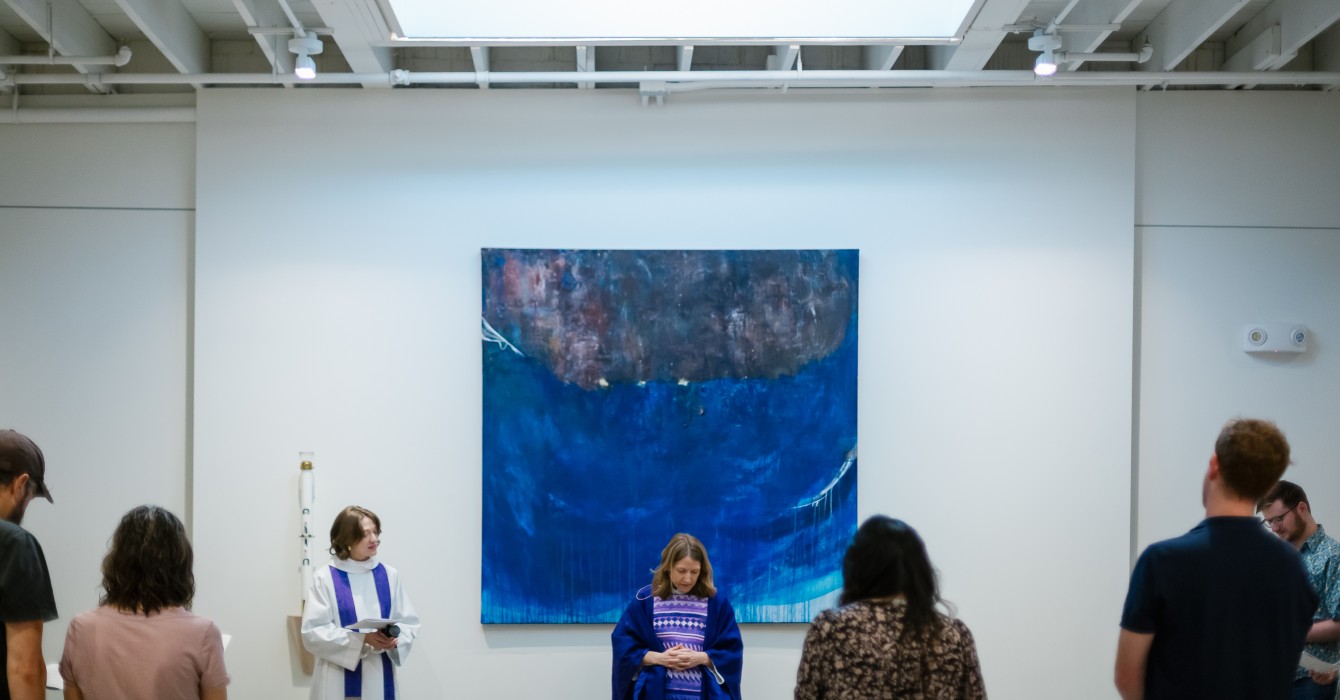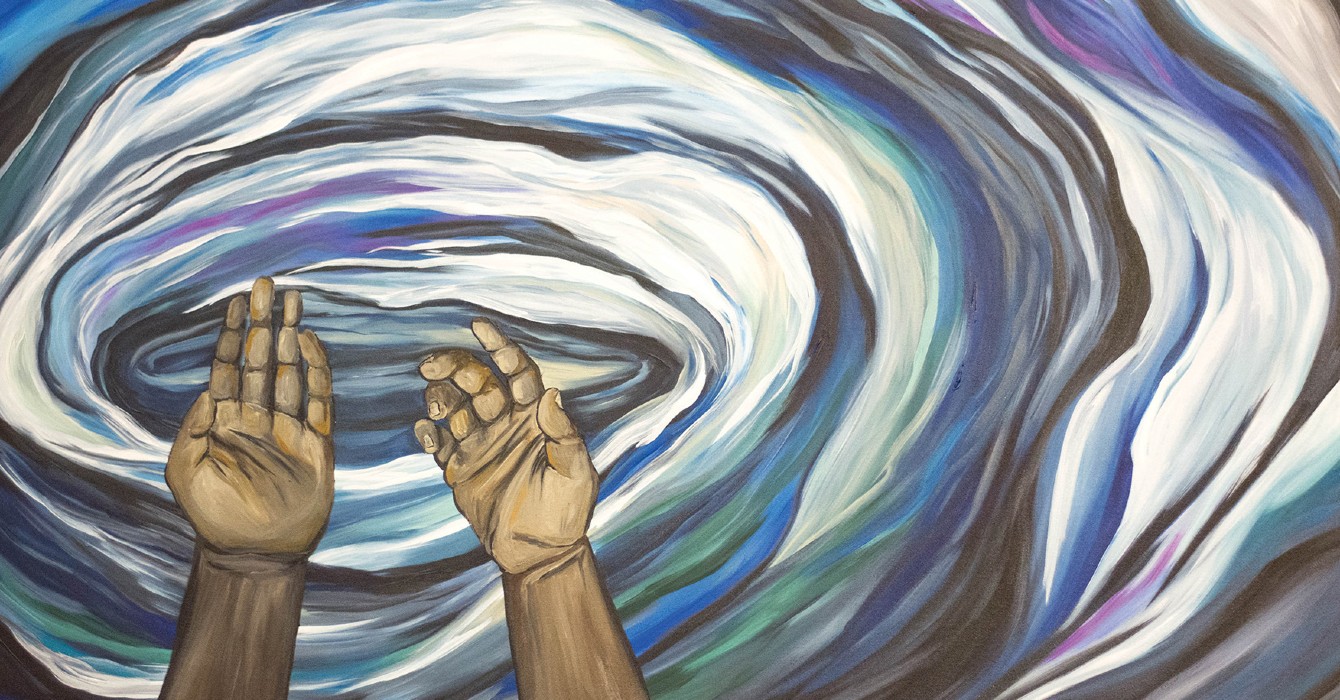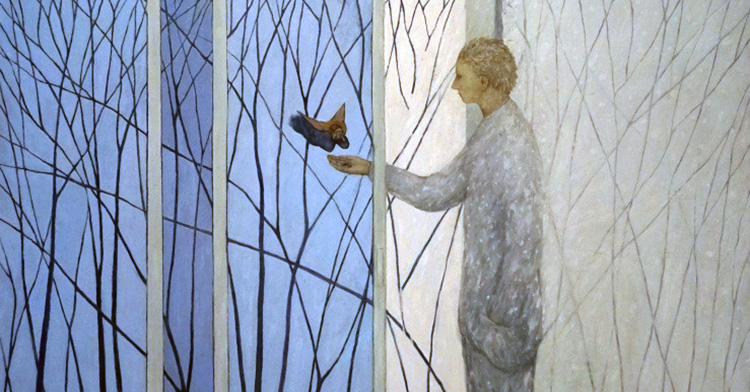If I were organizing a leaders’ retreat anytime soon, I’d take along a DVD of Rahmin Bahrani’s lovely 2008 film “Goodbye Solo.”
Set in Winston-Salem, North Carolina, the movie tells the story of a Senegalese taxi driver named Solo (played with charm and winsomeness by Souléymane Sy Savané) and a world-weary old man named William (Red West). The first time the two meet, William slides into the back seat of Solo’s cab with hardly a word. After several minutes of silence, William offers Solo $1,000 to come back and pick him up again in a few days’ time and drive him to a scenic cliff nearby. There won’t be any need for a return trip, William says tersely. Solo interprets William’s request as a suicide plan.
Over the next several days, Solo attempts to befriend William as a kind of rescue mission. Whenever he’s around William, he’s upbeat, jovial, bubbly. You get the sense he’s trying to hold out zest and verve as live options for William, too. He plies William with questions about his background, his family, his interests. He invites him home to meet his girlfriend and her daughter. He suggests things that they could do together to establish a friendship -- all to no apparent avail. William remains taciturn, getting more angry as Solo pursues him.
The film subverted my expectations. Surely, I thought, this story will highlight the difficult road of a Senegalese immigrant in Winston-Salem. Like Dave Eggers’ novel “What is the What?,” the final question of this film will be whether I will be a neighbor to someone who’s separated by an ocean from his family. But no. In this story, it’s the immigrant -- Solo -- who is trying to be a neighbor to a morose, suicidal white dude who’s probably just as bothered by the color of Solo’s skin as by his friendliness. Solo is the wise, perceptive caregiver, and William is the recipient of grace.
Here, too, the film subverts expectations. You might think that the roles are just reversed, and the outcome will be the same touching, saccharine survival story. But again, that’s not how things go. Near the end of the film, in what is perhaps the story’s emotional climax, Solo is preparing to drive William to his requested destination. In an unforeseen circumstance, he finds himself alone with the diary that William is often scribbling in. Cautiously, he takes a peek inside. To his surprise, he finds sensitive, insightful, even poetic descriptions of himself, his behavior, his girlfriend, his girlfriend’s daughter. He reads William’s speculations about his -- Solo’s -- future, recorded hopes for his flourishing. With a shock, he realizes not only has he been diagnosing William’s condition and trying to help; William has been analyzing his as well, with his well-being in mind.
The relevance of this story for Christian leaders may be obvious. How often do those of us in leadership find ourselves wearing the analyst’s hat, “reading” those who come to us for counsel, only to realize that they’re “reading” us in return? In our efforts to honor, protect, enrich -- even hallow -- the wonderful, irreducibly complex lives of those in our care, do we stop to ponder the way they are likely seeking to bless and honor us, too? And are we comfortable with that reciprocity? Are we alert to it -- and thankful?
“I just think to look across the room and automatically assume that somebody else is less aware than me, or that somehow their interior life is less rich, and complicated, and acutely perceived than mine, makes me not as good a writer,” the late novelist David Foster Wallace told the journalist David Lipsky.
He may as well have replaced writer with leader.
Wesley Hill is a PhD student in the Department of Theology & Religion at Durham University in the U.K.







